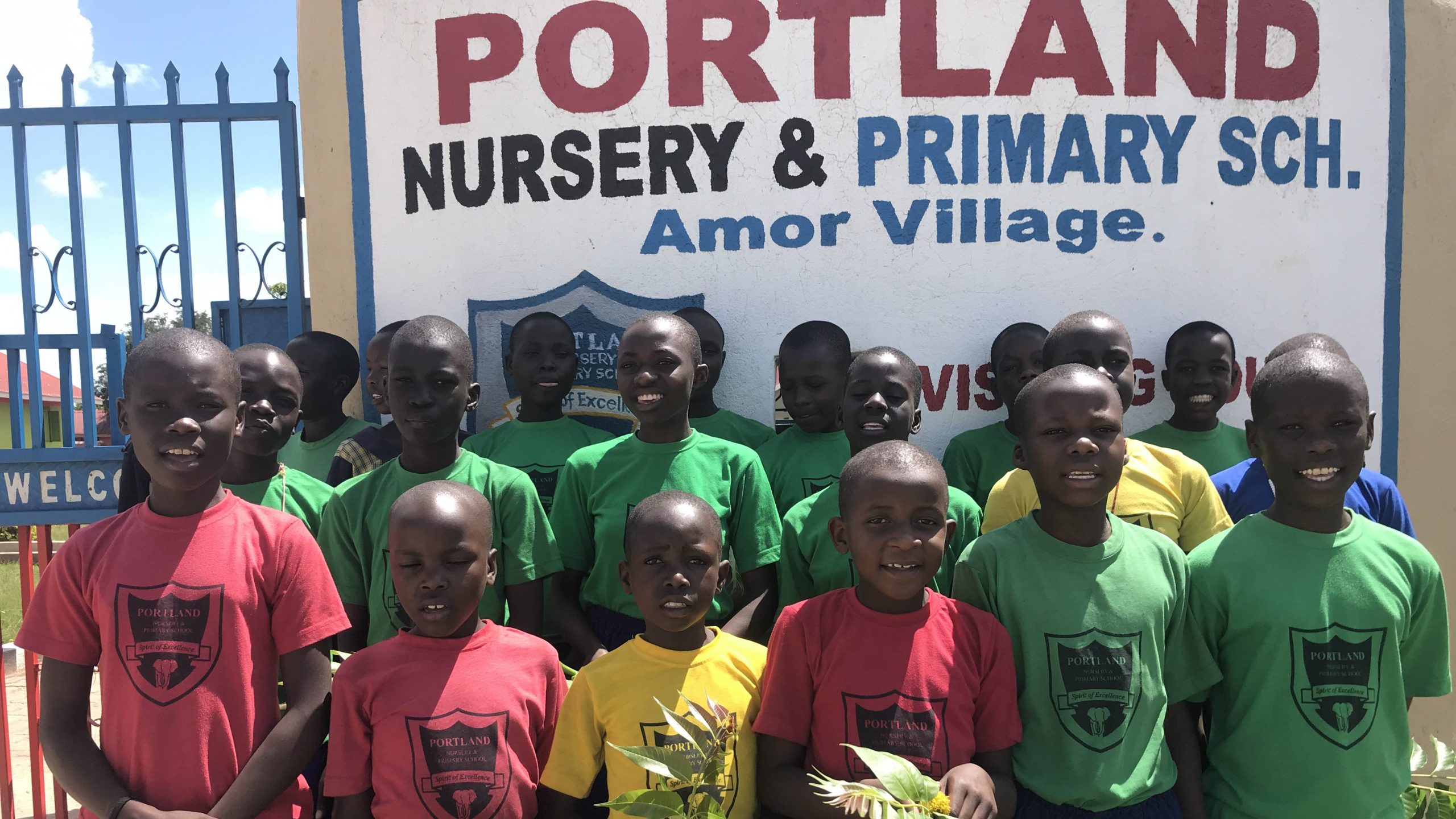“Everybody has the potential to live a better life. Given the opportunity, education, and motivation anyone can become someone admirable. Nobody is a nobody. Everybody is somebody.”
–Beatrice Achieng Nas, Founder of the PCE Foundation
Pearl Community Empowerment Foundation (PCE Foundation) is a Ugandan national rural development and empowerment NGO (REG No MIA/NB/2012/01/2824) founded in 2011 to empower rural communities through dynamic but simple programs that directly involve and benefit community members, especially women and children. We are currently operating in rural communities of the Tororo, Jinja and Buteleja districts in Eastern Uganda.
PCE initially began operations by focusing on the difficulties faced by young girls. Many girls are forced into early marriages for the sake of dowries and other income needed by their families to help them exist beyond subsistence level and/or to finance the education of sons. As a result, these girls must deal with an increased risk of HIV/AIDS, unwanted pregnancies, dangerous childbirths in far from ideal circumstances, and frequent marital violence. The loss of these girls’ potential capacities as a valuable resource to Uganda is one of the major reasons for the increased ignorance, illiteracy and increasing poverty levels in rural communities. By helping them attain an education, this cycle can be broken.
Since its beginning, PCE has expanded its areas of interest, working continuously with the communities on various projects that include education, livelihood, agriculture, preventive health care support and cultural exchange. Through these initiatives we have had strong support from the local communities.
PCE has developed an international network of experienced professionals that serve as a support team and a wider network of individuals and groups that mentor students individually. PCE’s innovative programs are run by experienced, professional, local and international staff, and PCE is well placed to partner with funding bodies and other service providers.
Read our Impact Stories to learn more about the difference we can make together.
PCE Foundation is proud to partner with these wonderful organizations around the world:









